August 20, 2025
Untitled.
August 14, 2025
C300 / 135MM / C-LOG / RGB CURVES / 35MM FINE GRAIN

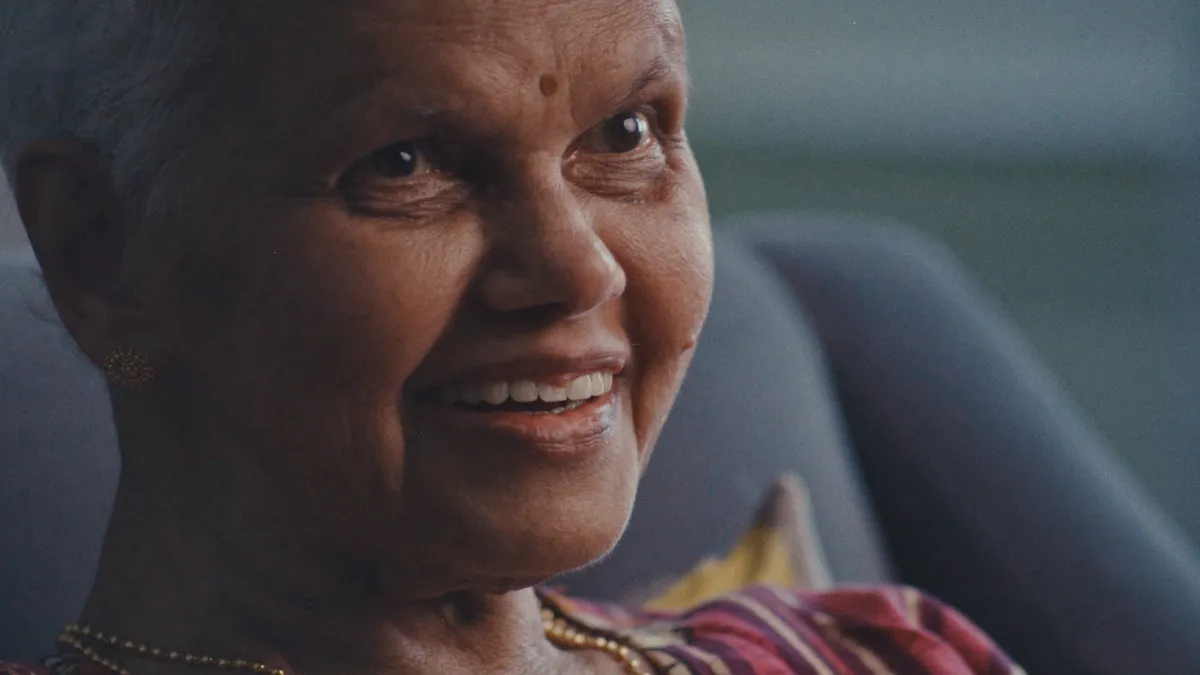

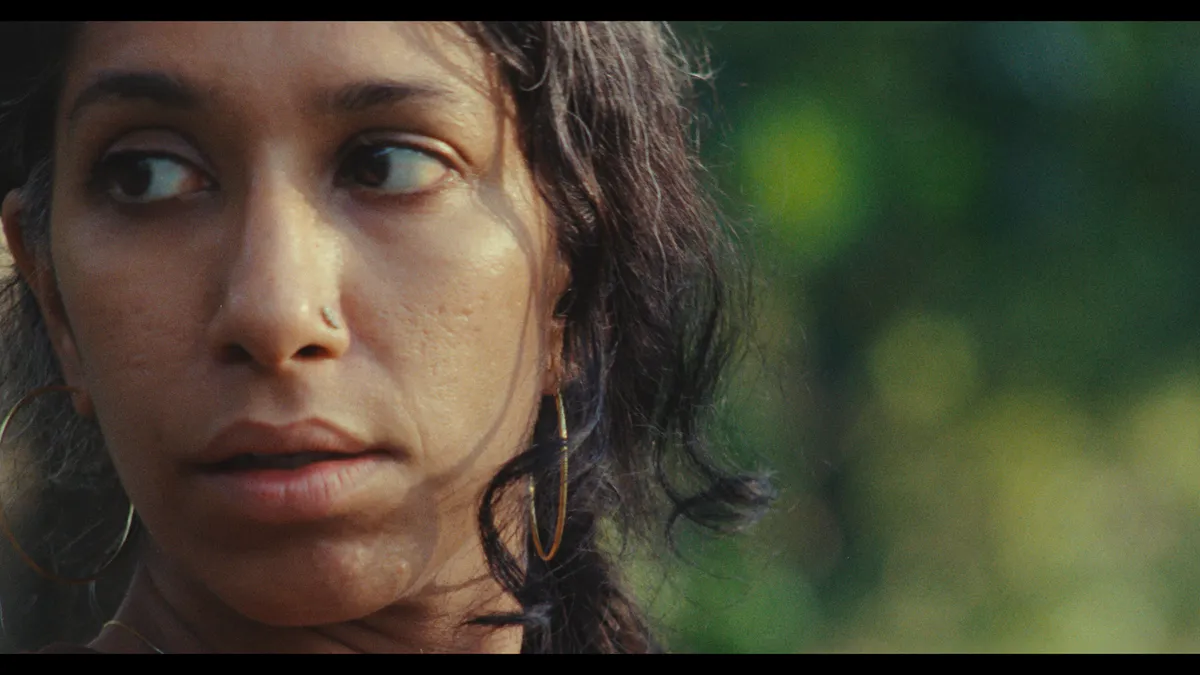
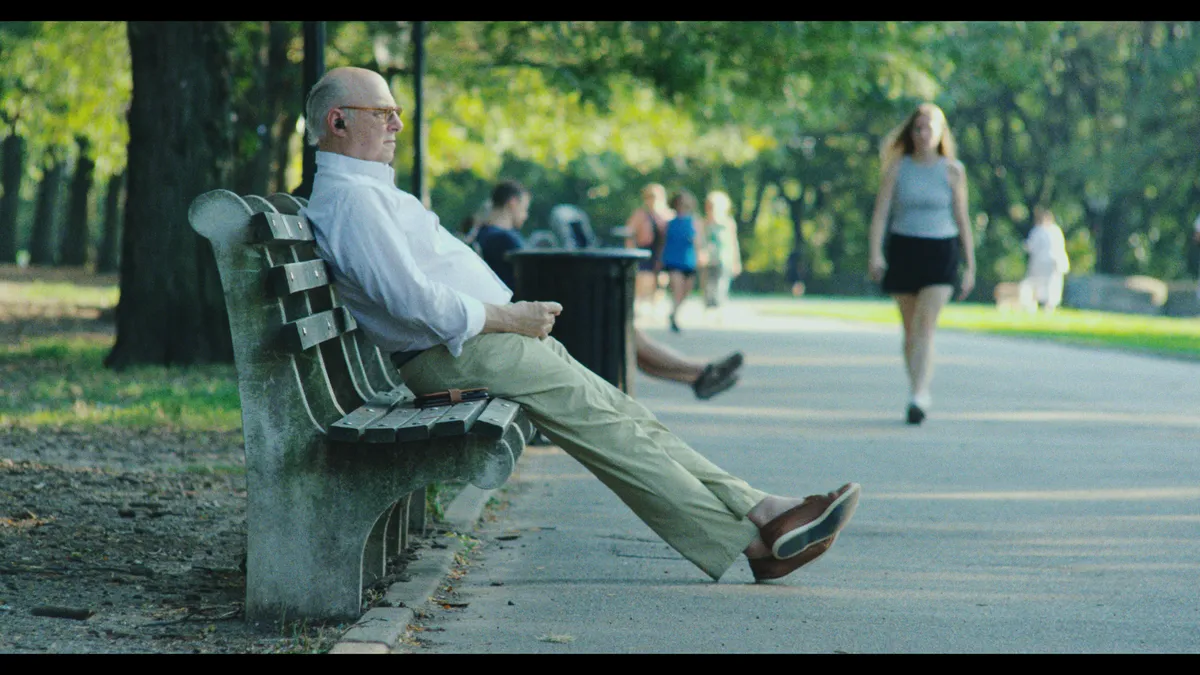
August 2, 2025
You hauled me through over a thousand clicks of bullshit, bad calls, and aching knees and you didn’t say a word because you’re just shoes. Now you’re falling apart like everything else eventually does. You served your purpose and now you are free.

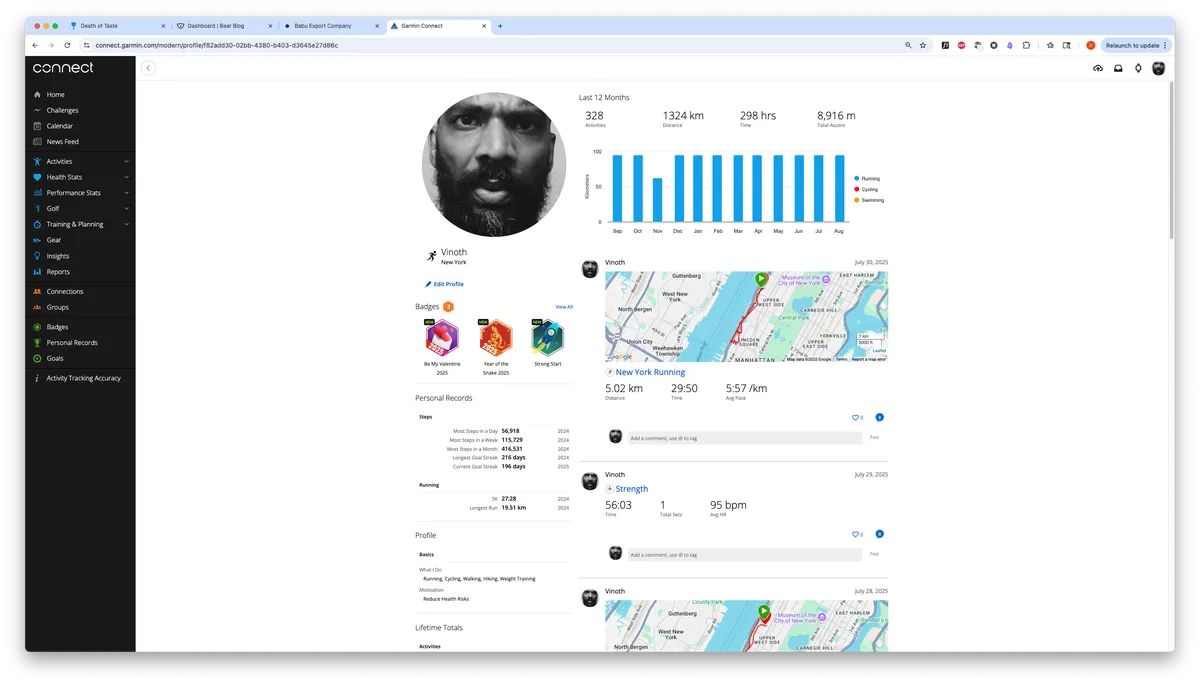
May 17, 2025
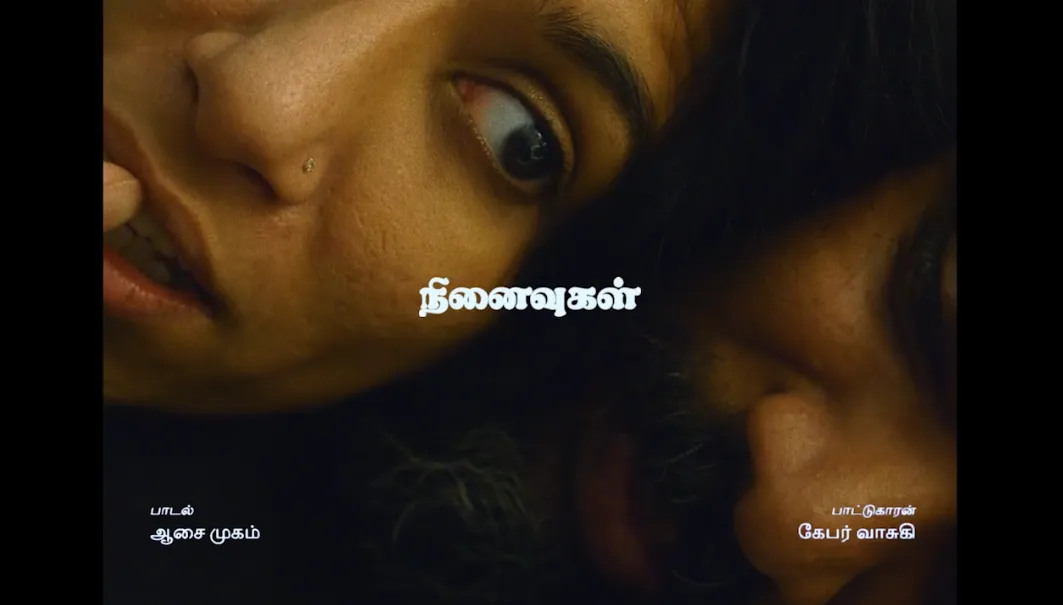
I should’ve kept the original title. There was a precision to it. Before the second-guessing that bled the life out of it. I didn’t protect my instinct. I tweaked it. Polished it. Killed it. Fuck.
May 14, 2025
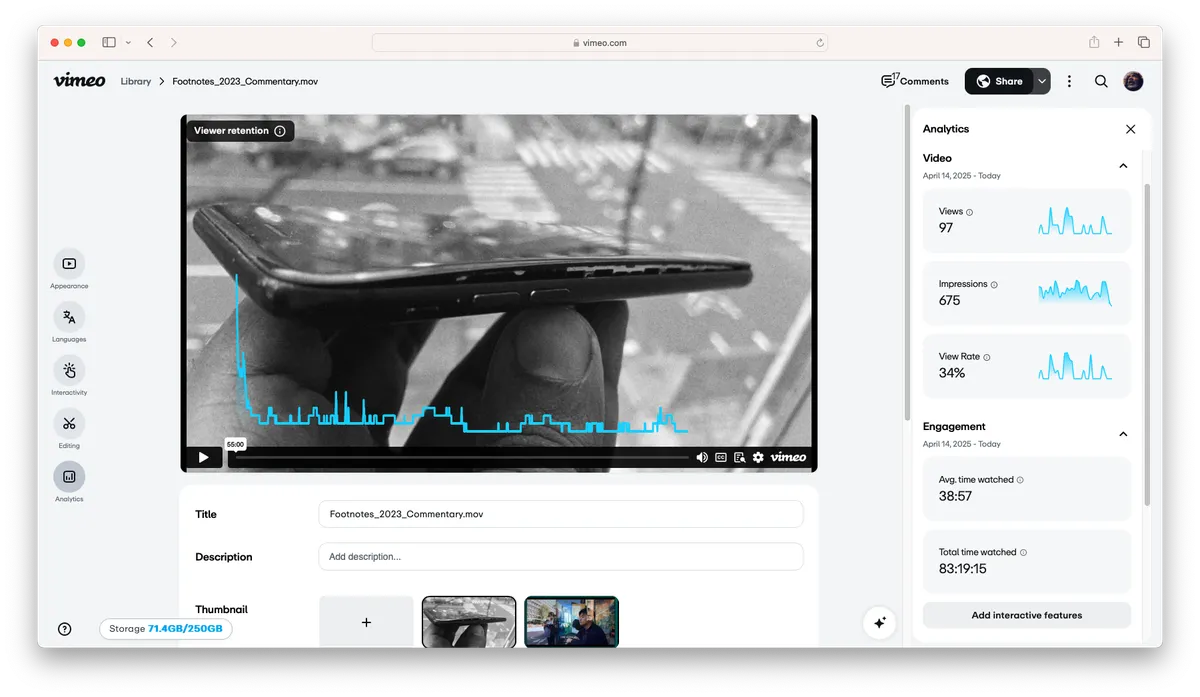
Seven people asked me to talk about this.
Statistically, that's insignificant. Emotionally, it's confusing. But here we are. The numbers suggests roughly 83 people watched it. Or one person watched it 85 times. Neither option is comforting.
Now, I'm assuming half were bots. That’s not paranoia. That’s just understanding the internet in 2025. The “dead internet theory.” Half the web is ghosts, code talking to code.
That drops us to 40.
Of those, maybe 20 were human, but not present. Eyes glazed over. One hand on the dick, the other swiping endlessly, with multiple tabs of the Hub open—looking for the perfectly curated moment where the snooty cat and the courageous dog finally meet on reel three. Passive, ambient viewers. Emotionally bankrupt. Spiritually offline. I’m not judging you. Just... concerned.
That leaves 20.
Cut that in half again for people who aren’t AI, or just ambient noise while someone grabs their morning matcha from Planet Starbucks.
We are at 10. And that’s 3 more than asked for this in the first place.
So... thank you! Not for watching. That’s passive.
Thank you for choosing to stay.
That matters to me.
May 11, 2025
Just a test.
Meta Data
Title: trains
Genre: bored/experimental
TRT: 0:00:01:57
File: 20250511_TRAINS.mov
Frames: 3518
Aspect Ratio: 16:9
May 1, 2025
re: Ash on the guestbook
Hi Ash,
For something to really pull me in and make me dive deep, that "thing" has to simmer in my mind constantly and disrupt my disciplines. Whether I’m on the train, out for a run, in the shower, or even when it disturbs my sleep, that’s when I know it’s serious. That “thing” is basically begging to be materialized.
The spark for Vaazhai came from the fact that I had already read மறக்கவே நினைக்கிறேன் long before. So while I was watching—or rather, skipping through to get to the end—I began noticing narrative inconsistencies. It was the exaggerations, rather than the omissions, that stood out to me and made the film feel like it lacked a certain genuineness.
If you haven’t read it, it’s basically a series of “memories”—but not the deep, traumatic kind. Tragic, for sure. Traumatic? That’s debatable. I don’t mean to downplay it by putting “memories” in quotes, but it’s more about anecdotal moments from everyday life. Depending on where you are in life, they might feel exaggerated or just normal.
In the book, things are more grounded, while in the film they’re dialed up and dramatized. Take the missing cow incident—in the movie, it’s this whole emotional episode. But in the book, it’s treated more like a joke and not taken seriously because it was caused by Mari Selvaraj’s drunken uncle who is regarded as the family's bafoon. Also, in real life, both his parents are alive and well. His mother actually runs the house and is a strong, respected woman in the village—completely different from how she’s portrayed in the film.
The banana-stealing scene did happen, and the plantation owner did hit him. But in the book, Mari Selvaraj offers to pay for it when he gets home. The owner responds by saying he doesn’t care about the banana or the money—what matters is the tree was broken, and who’s going to pay for that? Which honestly is a fair point. But, of course that portion was omitted from the film to rake sympathy. So yeah, all these omissions made me go back and rewatch the film, and I ended up playing this game of connecting causes and effects between the book and the movie.
As for how long it took? Four months. From that first unsettling spark to the moment I finally hit "publish." Four months of thoughts, revisions, and relentless pursuit of clarity.
It took me a couple of weeks to research everything properly. I re-read the book, watched all the interviews related to Vaazhai, and went through every speech by Mari Selvaraj outside of Cinema to understand his thought process as much as possible.
I did as much research as possible on the bus accident as well, and I had a whole chapter dedicated to it, focusing on how inconsistently Mari Selvaraj handles it. Specifically, the date of the accident. The disclaimer card at the end in the film states one date (which aligns with the PRINTED date of the article), but my research revealed that the actual accident occurred a couple of days earlier. This makes sense because, I can only assume, back in the day, it must have taken at least a day or two for the news to break. That’s when I realized that the incident likely wasn’t relevant to the story—or to Mari Selvaraj. But then again, I wasn’t writing an exposé, so I decided to leave that chapter out.
Then, a solid month was spent just laser focusing on the writing. Gathering all my notes and dumping them into a word processor. It was all about the writing in that month. Dumping ideas, organizing notes, analyzing shot choices, figuring out chapter divisions and titles, and hunting for the right words (lots of thesaurus time).
Concurrently, once I had a rough edit, I sent it to some of my friends in Chennai who are part of the industry—people who are more than just casual cinema watchers, with a unique viewpoint, focusing more on the writing than anything else—to get their lived perspectives. Their opinions matter to me.
After that, I took another month to edit everything into a cohesive piece. That included my interpretation editing choices, cleaning up screenshots (removing logos, aligning horizons), gathering images that matched the themes of each chapter, and just generally polishing the whole thing editorially to flow.
It’s worth pointing out that my initial idea was to create a video essay. But as I kept writing, connecting one thought to another and backing each claim with cross-referenced material from Mari Selvaraj’s interviews, it started to shape into more of an "exposé" by nature—something I wanted to avoid. I still want to do it, but I realized that whenever you have this kind of material and upload it in a video format, it tends to take on a "drama" genre, which would dilute my original thesis — Is Mari Selvaraj fishing for sympathy through his films, using it as a shortcut instead of transcending it?
What was interesting to me wasn’t really the film—I honestly couldn’t care less if it existed or not—but Mari Selvaraj himself. In an industry of factory made films with aging actors desperately trying to maintain relevance, Mari Selvaraj’s attempts are truly commendable. As I pointed out in the essay, I just wish he was completely transparent.
I appreciate the kind words, and more importantly, the time you've taken to read. It’s not something I take for granted.
Love,
V.